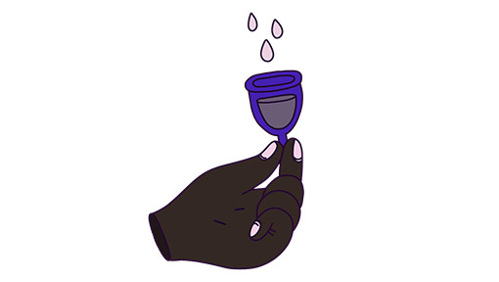
The environmental sustainability of reusable period products may be a significant motivator for young Victorians to use them, new research reveals.
Almost half of the menstruating young Victorians who participated in the research have used reusable period products – most commonly period underwear and menstrual cups – and 37 per cent used them during their last period.
But over a third of the young people surveyed reported not having enough information about reusable products. And participants also spoke about the challenges of using the products, particularly when it came to changing them outside the home.
The study, published in the journal BMC Women’s Health, used data from Burnet Institute’s annual Sex, Drugs and Rock’n’Roll study of 15 to 29-year-old Victorians.
There’s been limited research to date on young people’s use of reusable period products and preferences in Australia, said Dr Julie Hennegan, co-head of Burnet Institute’s Global Adolescent Health Group.
“Our research found that using reusable period products was more common among people aged 25 or older, who were born in Australia and had greater discretionary income,” Dr Hennegan said.
Survey respondents said comfort, leakage protection and environmental sustainability were the three most important features they looked for in period products, followed by cost.
“Environmental sustainability was particularly important for people who used reusable period products, suggesting it may motivate young people to use them,” Dr Hennegan said.
While people who had used reusable period products were more likely to agree that they were low-cost than those who hadn’t, participants also pointed out the upfront costs of buying them could make them less accessible.
The researchers suggested governments could provide reusable period products in schools as part of efforts to address period poverty, which tend to focus on disposable products.
“Our survey respondents also told us they wanted more comprehensive menstrual product information in school puberty education programs,” said Associate Professor Megan Lim, senior author on the study and head of the Young People’s Health Group at Burnet Institute.
“This will help them make informed product decisions, and reduces the risks associated with reusable products’ high up-front costs if they can be more confident the product they’re purchasing will be suitable.”
Upgrading bathroom facilities to improve people’s comfort changing reusable products could also increase use.

